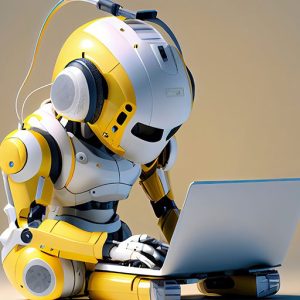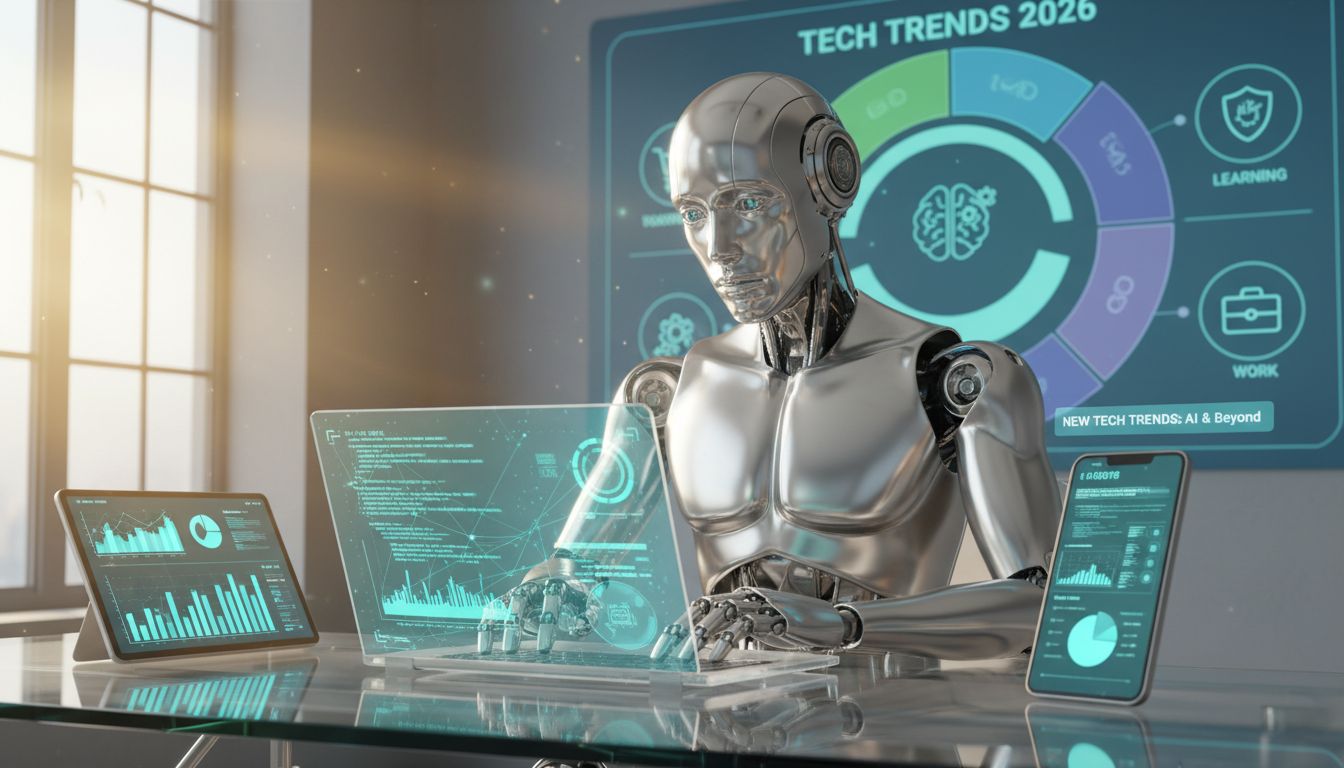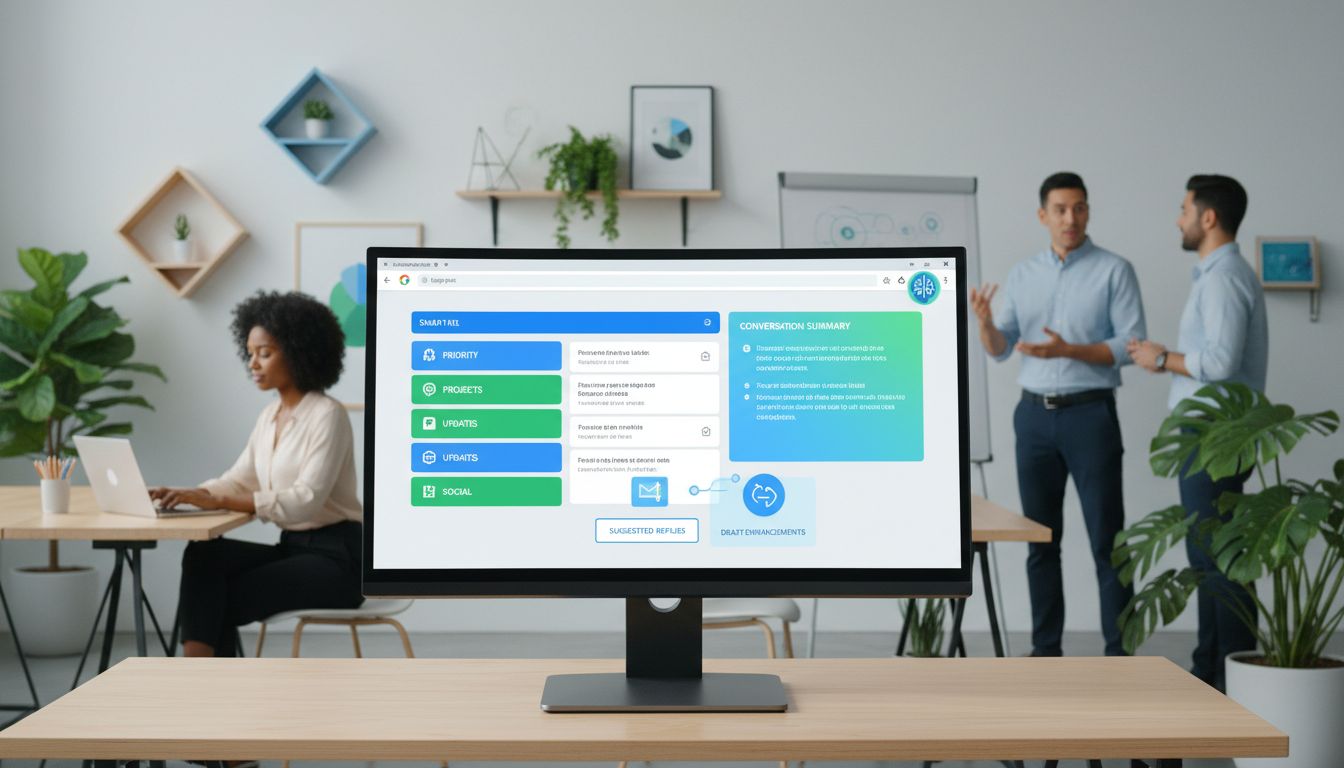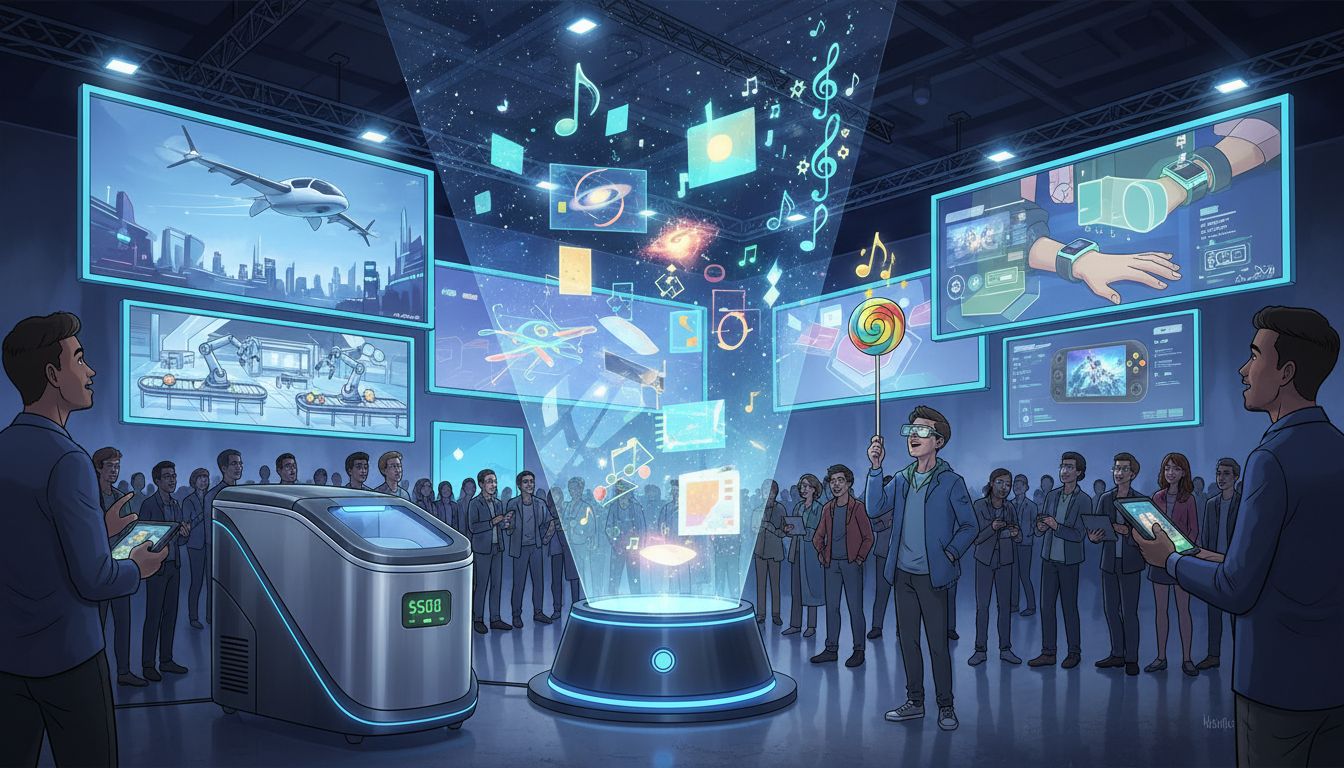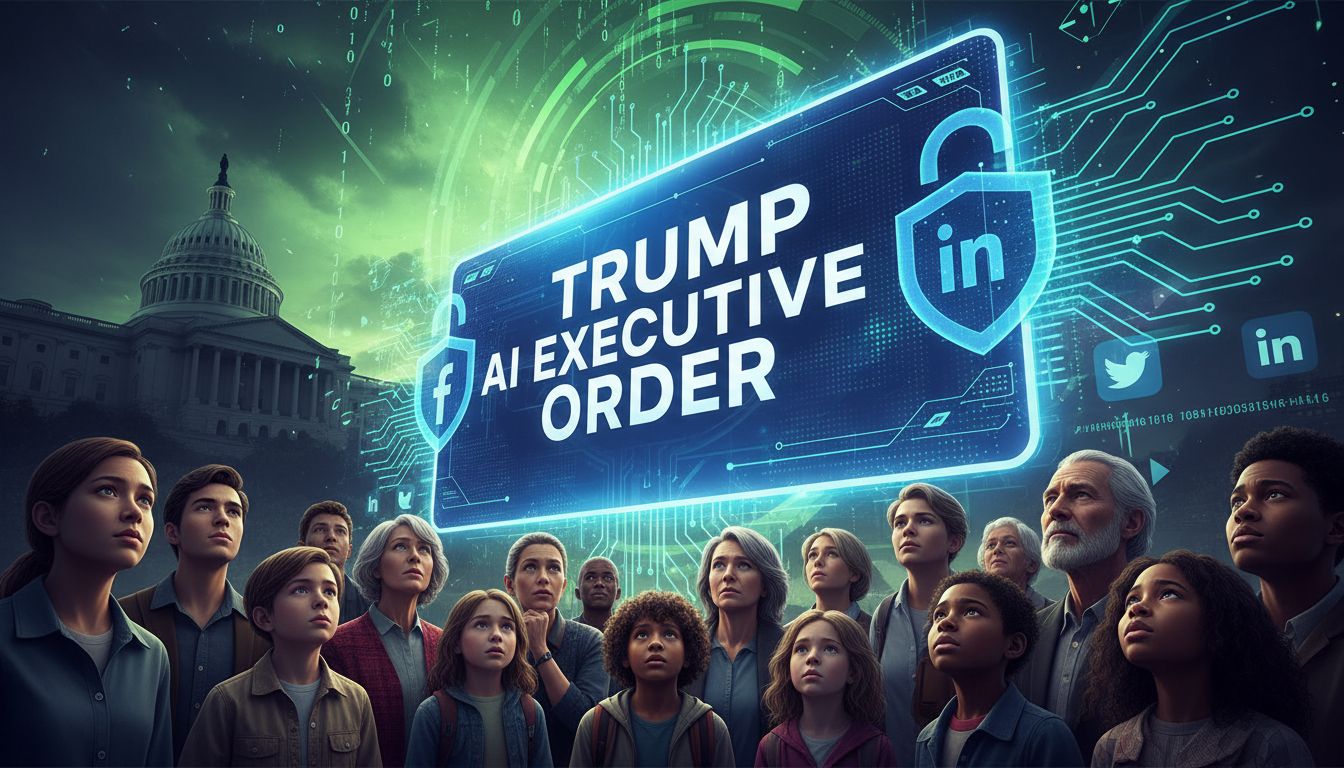AI-generated music is revolutionizing the way we create and consume songs, with cutting-edge technologies enabling us to produce personalized compositions. In this blog post, we will delve into Google’s MusicLM – an AI system that allows users to specify instruments and incorporate moods and emotions in their creations.
However, as exciting as these advancements may be, they also bring forth ethical challenges such as copyright strikes against Vocal Synthesis on YouTube and intellectual property concerns surrounding generative AI. We will discuss the legal landscape for AI-generated music by examining a whitepaper arguing violation of copyright laws and pending lawsuits involving artist rights.
Lastly, we’ll explore how musicians can benefit from collaborating with tech giants like Google to empower creativity while also discussing workshops that open up new possibilities in musical composition through artificial intelligence.
Table of Contents:
- MusicLM – Google’s Text-to-Music AI
- Ethical Challenges of Generative Music
- Legal Landscape for AI-Generated Music
- Impact on Musicians & Creative Process
- FAQs in Relation to Ai-Generated Music
- Conclusion
MusicLM – Google’s Text-to-Music AI
Google has recently unveiled an exciting new experimental AI tool called MusicLM, which is designed to transform text descriptions into music. This groundbreaking technology allows users to specify instruments, moods, and emotions in order to create personalized compositions that cater to their unique preferences.
Specifying Instruments for Personalized Compositions
The MusicLM tool offers a wide range of options when it comes to selecting the instruments used in your generated composition. Whether you’re looking for the soothing sounds of a piano or the energetic beats of drums, this innovative AI can incorporate your desired instrument choices seamlessly into its creations.
Incorporating Moods and Emotions in Generated Music
Beyond just specifying instruments, MusicLM also enables users to infuse their compositions with specific moods and emotions. By providing textual input describing feelings such as “happy,” “sad,” or “energetic,” you can guide the AI towards generating music that evokes those particular sentiments.
This revolutionary technology aims not only at simplifying musical creation but also empowering musicians’ creative processes by working closely with them during workshops hosted by Google. The collaboration between artists and cutting-edge artificial intelligence like MusicLM opens up endless possibilities for exploring new avenues in musical composition while pushing boundaries within the industry itself.
To get started on creating your own unique piece using this remarkable tool, visit Magenta Studio. Here you’ll find various resources related to generative music technologies developed by Google’s Magenta team alongside other fascinating projects aimed at enhancing creativity through machine learning algorithms.
MusicLM is a powerful AI-generated music tool that has opened up new possibilities for personalized compositions and creative expression. As the use of generative music technology increases, ethical challenges must be addressed to ensure its safe application.
Ethical Challenges of Generative Music
As AI-generated music gains popularity, it brings with it a myriad of ethical questions and challenges. One significant concern is the potential for copyright infringement and intellectual property violations when using tools like MusicLM. As homemade tracks created with generative AI go viral, record labels have been quick to flag them due to these concerns.
Copyright Strikes Against Vocal Synthesis on YouTube
In one notable case, Jay-Z’s record label filed copyright strikes against a YouTube channel called Vocal Synthesis, which used AI-generated voices mimicking famous artists such as Jay-Z himself. However, YouTube reinstated the videos after finding that the takedown requests were “incomplete.” This incident highlights the ongoing debate over whether or not generative music constitutes fair use under current copyright laws.
Intellectual Property Concerns Surrounding Generative AI
A recent whitepaper argues that music generators like MusicLM may violate music copyrights by learning from existing songs and producing similar effects. The paper suggests that this could lead to legal disputes between creators who use these technologies and those whose work has been allegedly infringed upon.
- Potential Lawsuits: Several pending cases involve artists’ rights in relation to AI-generated music, raising questions about how courts will handle these issues moving forward.
- Creative Control: Some argue that musicians should retain control over their works even if they collaborate with an algorithmic composer like MusicLM; others believe this might stifle innovation and creativity.
As the law surrounding AI-created music evolves, it is imperative that innovators, tech firms and legislators alike think about these ethical questions in order to reach a balance between guarding intellectual property rights and stimulating progress within the sector.
Navigating the moral quandaries posed by generative music is intricate and multifaceted, making it difficult to ascertain the most suitable solution. Moving forward, we must examine the legal landscape for AI-generated music in order to ensure that artist rights remain protected.
Legal Landscape for AI-Generated Music
The emergence of music-generating AI tools, such as MusicLM, has led to a complex legal landscape with several pending lawsuits. These cases revolve around the question of whether these technologies infringe on copyright laws and artists’ rights, as they learn from existing songs and produce similar effects.
Whitepaper Arguing Violation of Copyright Laws
A recent whitepaper argues that AI music generators, such as MusicLM, could potentially violate copyright laws by learning from copyrighted works. This raises queries regarding the legality of utilizing ML algorithms to generate new tunes based on pre-existing material. The paper suggests that lawmakers should consider revising current regulations to address this emerging issue.
Pending Lawsuits Involving Artist Rights
Beyond theoretical discussions, there are already multiple ongoing legal battles involving generative music technology. One notable case is the dispute between Jay-Z’s record label and Vocal Synthesis, an AI project that used deepfake audio technology to recreate his voice for unauthorized tracks. Although YouTube initially removed the videos due to takedown requests, they were later reinstated after finding them “incomplete.”
- Lawsuit 1: Record labels vs Vocal Synthesis – Deepfake audio technology recreating artist voices without permission.
- Lawsuit 2: Artists vs Generative Music Tools – Questions about the legality of using AI-generated music for commercial purposes.
As these legal battles unfold, they will likely shape the future of AI-generated music and its implications on copyright law. The outcome may determine how artists, record labels, and technology companies navigate this rapidly evolving landscape.
The legal landscape for AI-generated music is still in its infancy and will require careful consideration of existing copyright laws. Exploring the effects of AI-generated music on performers and their artistic techniques is something that should be investigated further.
Impact on Musicians & Creative Process
Despite the challenges that surround the use of AI-generated music tools, such as legal issues and ethical dilemmas, they also hold great potential in empowering the creative process for musicians. By collaborating with tech giants like Google and participating in workshops, artists can explore new possibilities in musical composition.
Empowering Creativity through Collaboration with Tech Giants
Google, a leader in AI technology development, has been working closely with musicians to understand how their experimental tool MusicLM can enhance creativity. Google is leveraging the feedback from artists to further refine its AI algorithms, thereby providing them access to cutting-edge technology.
Workshops Exploring New Possibilities in Musical Composition
- Instrument selection: Artists attending these workshops learn how to specify instruments within MusicLM’s interface, enabling them to create unique compositions tailored to their preferences.
- Mood and emotion incorporation: Participants discover ways of integrating moods and emotions into their generated music using text descriptions. This allows for more expressive creations that resonate deeply with listeners.
- Fusion of styles: The fusion of different musical styles becomes possible when combining human creativity with AI-generated suggestions. These collaborations may result in innovative tracks that push boundaries beyond traditional genres.
The ongoing relationship between musicians and companies developing AI music technologies offers exciting opportunities for both parties. As artists experiment with these tools during workshops hosted by organizations like Google, they unlock new avenues for artistic expression while helping shape future advancements within this emerging field.
FAQs in Relation to Ai-Generated Music
Is AI-generated music a thing?
Yes, AI-generated music is a rapidly growing field that uses artificial intelligence algorithms to create original compositions. Various platforms and tools like MuseNet, Jukedeck, and Google’s Music Transformer are being developed for this purpose.
How good is AI-generated music?
The quality of AI-generated music has improved significantly in recent years. While it may not yet match the emotional depth or complexity of human-created compositions, it can produce convincing melodies and harmonies across various genres. However, its success largely depends on the sophistication of the algorithm used and the input data provided.
Is AI-generated music copyrighted?
The copyright status of AI-generated music remains unclear due to ongoing legal debates surrounding intellectual property rights. In some jurisdictions, such as the United States, only works created by humans can be granted copyright protection. This leaves open questions about ownership when an artificial intelligence system generates new musical content.
Does Spotify use AI-generated music?
No, Spotify does not currently use any form of generative audio technology to create its own original tracks for streaming purposes. However, they do utilize advanced machine learning algorithms to curate playlists based on user preferences through their popular feature called “Discover Weekly”.
What is an example of AI-generated music?
Conclusion
AI-generated music is a rapidly growing field that offers exciting possibilities for both musicians and consumers. With tools like MusicLM, individuals can create personalized compositions that incorporate specific instruments and moods. However, the ethical and legal challenges surrounding generative AI cannot be ignored.
The potential for copyright infringement and artist rights violations are real concerns in this industry. Despite these challenges, workshops exploring new possibilities in musical composition show promise in empowering creativity through collaboration with tech giants. It will be intriguing to observe the ramifications AI-composed music has on the music sector in years to come.
